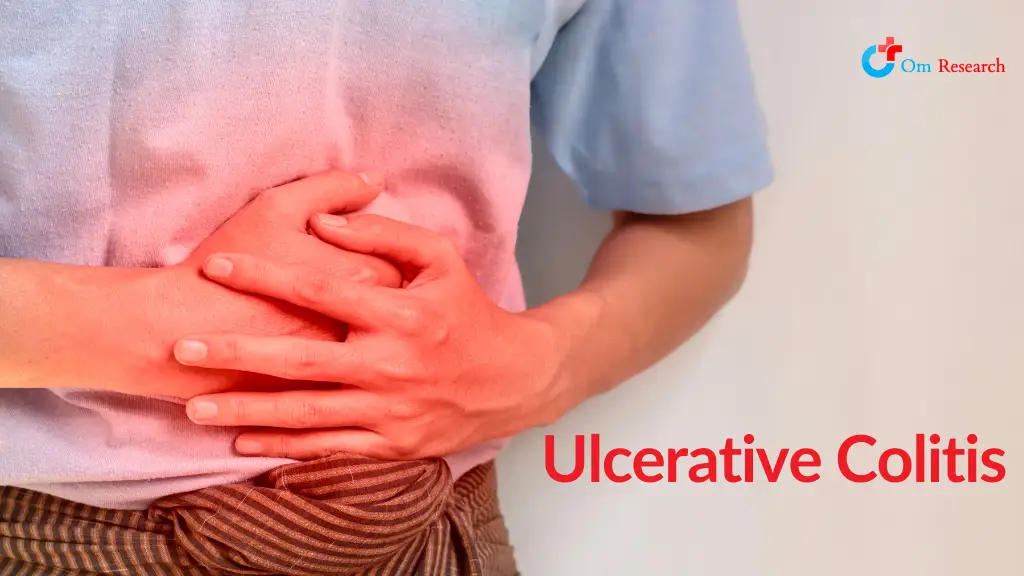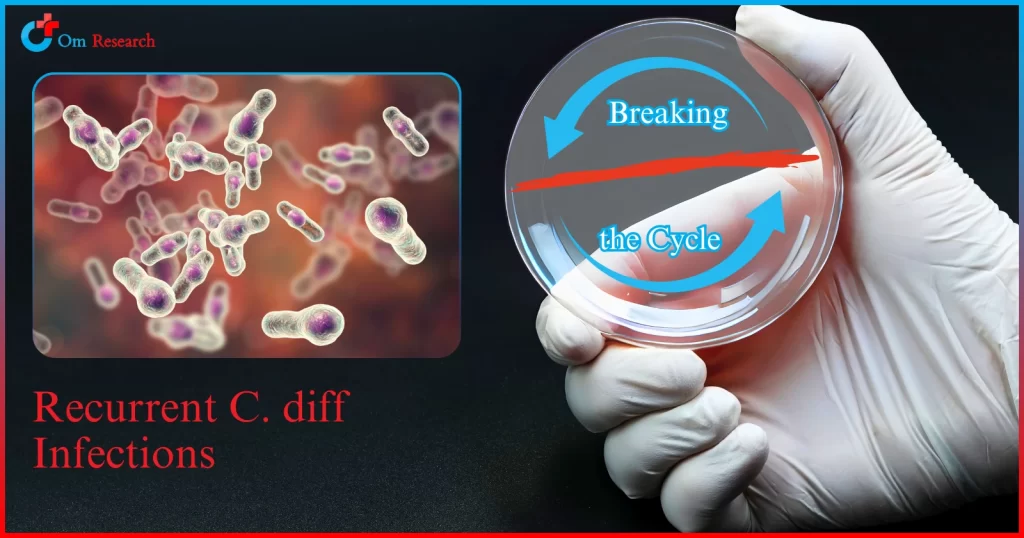Ulcerative colitis is a type of inflammatory bowel disease that affects the colon and rectum. It is a chronic condition that can cause inflammation, ulcers, and bleeding in the lining of the colon. While the exact cause of ulcerative colitis is unknown, it is believed to be an autoimmune condition in which the body’s immune system mistakenly attacks the colon.
Symptoms of ulcerative colitis can vary in severity and may include abdominal pain, diarrhea, rectal bleeding, and weight loss. The disease can also cause fatigue, anemia, and joint pain. Ulcerative colitis can be diagnosed through a combination of medical history, physical examination, and diagnostic tests such as blood tests, stool tests, colonoscopy, and imaging studies.
Key Takeaways
- Ulcerative colitis is a chronic inflammatory bowel disease that affects the colon and rectum.
- Symptoms of ulcerative colitis can include abdominal pain, diarrhea, rectal bleeding, and weight loss.
- Diagnosis of ulcerative colitis involves a combination of medical history, physical examination, and diagnostic tests such as blood tests, stool tests, colonoscopy, and imaging studies.
Understanding Ulcerative Colitis

Definition and Overview
Ulcerative colitis is a chronic inflammatory bowel disease (IBD) that affects the colon and rectum. It is characterized by inflammation and ulcers in the lining of the colon that can cause abdominal pain, diarrhea, and rectal bleeding. It is important to note that ulcerative colitis is different from other forms of colitis, such as infectious colitis or ischemic colitis.
Causes and Risk Factors
The exact cause of ulcerative colitis is unknown, but it is believed to be a combination of genetic, environmental, and immunological factors. While anyone can develop ulcerative colitis, it is more common in people of European descent and those with a family history of the disease. Smoking and nonsteroidal anti-inflammatory drugs (NSAIDs) have also been linked to an increased risk of developing ulcerative colitis.
Autoimmune Considerations
Ulcerative colitis is considered to be an autoimmune disease, meaning that the body’s immune system mistakenly attacks healthy cells in the colon. This leads to inflammation and ulcers in the lining of the colon. While the exact cause of this immune response is not fully understood, it is believed to be a combination of genetic and environmental factors.
It is important to note that ulcerative colitis is different from other autoimmune diseases, such as rheumatoid arthritis or lupus. While these diseases can also cause inflammation in the body, they do not specifically target the colon and rectum.
In summary, ulcerative colitis is a chronic inflammatory bowel disease that affects the colon and rectum. It is caused by a combination of genetic, environmental, and immunological factors and is considered to be an autoimmune disease. Symptoms include abdominal pain, diarrhea, and rectal bleeding.
Identifying Ulcerative Colitis
Ulcerative colitis (UC) is a chronic inflammatory bowel disease that affects the colon and rectum. It is characterized by inflammation and ulcers in the lining of the colon, leading to various symptoms. Early diagnosis and treatment are crucial to manage the condition effectively. This section will cover how to recognize the symptoms and the diagnostic procedures used to identify ulcerative colitis.
Recognizing Symptoms
The symptoms of ulcerative colitis can vary from person to person, and some people may not experience any symptoms at all. However, some common symptoms of UC include:
- Abdominal pain and cramping
- Diarrhea, often with blood or pus
- Rectal pain and bleeding
- Urgent need to have a bowel movement
- Fatigue
- Weight loss
- Loss of appetite
These symptoms can be mild or severe and can come and go over time. If someone experiences any of these symptoms, it is important to see a doctor for further evaluation.
Diagnostic Procedures
To diagnose ulcerative colitis, a doctor will perform a physical exam and review the patient’s medical history. They may also recommend some diagnostic tests, including:
- Colonoscopy: A procedure that uses a flexible tube with a camera to examine the inside of the colon and rectum.
- Biopsy: A small tissue sample is taken during a colonoscopy and examined under a microscope to look for signs of inflammation or other abnormalities.
- Blood tests: Blood tests can help evaluate the patient’s overall health and detect signs of inflammation or infection.
- Stool sample: A stool sample can help rule out other causes of gastrointestinal symptoms and detect signs of inflammation or infection.
These tests can help confirm a diagnosis of ulcerative colitis and determine the severity of the condition. Once diagnosed, treatment can begin to help manage the symptoms and prevent complications.
In conclusion, recognizing the symptoms and undergoing diagnostic procedures are essential to identifying ulcerative colitis. Anyone experiencing any of the symptoms mentioned above should see a doctor for further evaluation.
Managing Ulcerative Colitis
Ulcerative colitis is a chronic inflammatory bowel disease that affects the colon and rectum. While there is no known cure for ulcerative colitis, there are many treatment options that can help manage the symptoms and improve quality of life.
Treatment Options
There are several treatment options available for ulcerative colitis, including medication, surgery, and lifestyle changes. The choice of treatment will depend on the severity of the disease, the location of the inflammation, and the patient’s overall health.
Medications are often used to reduce inflammation and control symptoms. Common medications include aminosalicylates, corticosteroids, immunomodulators, and biologics. Surgery may be necessary in severe cases or if medication is not effective. In some cases, surgery may involve removing the colon and rectum.
Dietary Considerations
Diet can play a role in managing ulcerative colitis symptoms. While there is no one-size-fits-all diet for ulcerative colitis, some people find that certain foods can trigger symptoms. It is important to work with a healthcare provider or registered dietitian to develop an individualized diet plan.
Some of the worst foods for ulcerative colitis include spicy foods, high-fiber foods, and dairy products. These foods can irritate the digestive tract and worsen symptoms. On the other hand, some foods may help reduce inflammation and improve symptoms. These include low-fiber foods, lean protein, and omega-3 fatty acids.
In conclusion, while there is no known cure for ulcerative colitis, there are many treatment options available to manage symptoms and improve quality of life. Working with a healthcare provider or registered dietitian can help develop an individualized treatment plan that includes medication, surgery, and dietary considerations.
Living with Ulcerative Colitis
Ulcerative colitis is a chronic inflammatory bowel disease that affects the lining of the colon and rectum. Living with this condition can be challenging and can have a significant impact on a person’s daily life. In this section, we will discuss some of the challenges that people with ulcerative colitis may face and how they can manage them.
Daily Life
People with ulcerative colitis may experience frequent diarrhea, abdominal pain, and cramping. This can make it difficult to carry out daily activities, such as going to work or school. In some cases, people with ulcerative colitis may need to take time off work or school to manage their symptoms. However, with proper treatment and management, most people with ulcerative colitis are able to lead normal lives.
Managing ulcerative colitis involves making certain lifestyle changes. For example, people with ulcerative colitis may need to avoid certain foods that can trigger their symptoms. They may also need to drink plenty of fluids to prevent dehydration. In addition, getting regular exercise and reducing stress can help manage symptoms.
Complications
Ulcerative colitis can lead to a number of complications, including anemia, malnutrition, and colon cancer. In addition, people with ulcerative colitis may be at an increased risk of developing other autoimmune disorders, such as rheumatoid arthritis and lupus.
In some cases, ulcerative colitis can be considered a disability. This is because the condition can make it difficult to carry out certain tasks, such as standing or sitting for long periods of time. However, whether or not ulcerative colitis is considered a disability will depend on the severity of the condition and how it affects the individual.
Overall, living with ulcerative colitis can be challenging, but with the right treatment and management, most people with the condition are able to lead normal lives. It is important for people with ulcerative colitis to work closely with their healthcare provider to manage their symptoms and prevent complications.
Advancements in Research
Research on ulcerative colitis has been ongoing for many years, and there have been several advancements in the field. These advancements have led to a better understanding of the disease and have helped to improve the treatment options available to patients.
Clinical Trials and Studies

Living with Ulcerative Colitis (UC) can be challenging, but amidst the struggle lies hope. Research fuels the quest for better therapies, and clinical trials play a pivotal role in this journey.
Participating in a trial empowers you to be an active partner in progress. By joining forces with researchers, you contribute to finding effective solutions for yourself and countless others facing Ulcerative Colitis.
Om Research is actively seeking participants for ongoing Ulcerative Colitis studies. These trials offer access to promising therapies, personalized care from experienced professionals, and the chance to connect with a supportive community.
Become part of the change. Explore clinical trials at Om Research and discover how you can contribute to a brighter future for yourself and the UC community.
Frequently Asked Questions
What are the common symptoms of Ulcerative Colitis?
Ulcerative Colitis (UC) is a chronic inflammatory bowel disease that affects the inner lining of the colon and rectum. The common symptoms of Ulcerative Colitis include abdominal pain, diarrhea, and rectal bleeding. Other symptoms may also include weight loss, fatigue, and fever.
How is Ulcerative Colitis diagnosed?
To diagnose UC, a doctor may perform a physical exam, review the patient’s medical history, and order diagnostic tests such as blood tests, stool tests, and imaging tests. A colonoscopy with biopsy is the most accurate test to diagnose UC.
What dietary changes can help manage Ulcerative Colitis?
There is no specific diet that can cure UC, but certain dietary changes may help manage symptoms. A low-fiber diet may be recommended during flare-ups, and a high-fiber diet may be recommended during remission. It is also important to avoid trigger foods that worsen symptoms, such as spicy or fatty foods.
What are the latest advancements in Ulcerative Colitis treatment?
Recent advancements in UC treatment include the use of biologic medications such as anti-TNF agents, S1P modulators and JAK Inhibitors, interleukin inhibitors, and integrin receptor antagonists. These medications target specific molecules in the immune system that contribute to inflammation in UC.
Can Ulcerative Colitis lead to complications if left untreated?
Yes, if left untreated, Ulcerative Colitis can lead to serious complications such as colon cancer, severe bleeding, and perforation of the colon. It is important to seek medical treatment if you suspect you have UC.
What surgical options are available for Ulcerative Colitis patients?
Surgery may be recommended for Ulcerative Colitis patients who do not respond to medical treatment or who have complications like colon cancer. The most common surgical options include removal of the colon and rectum with creation of an ileostomy or creation of an internal pouch.


